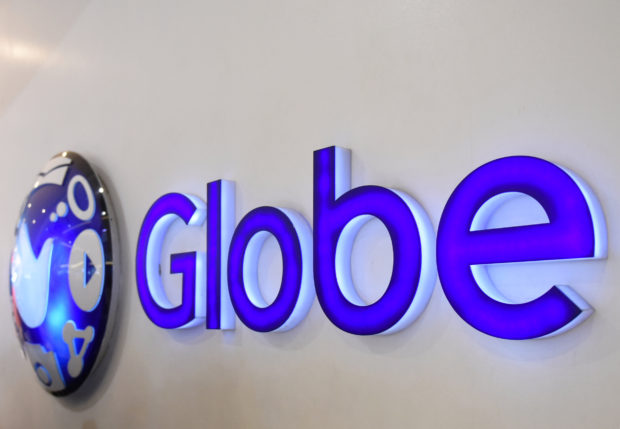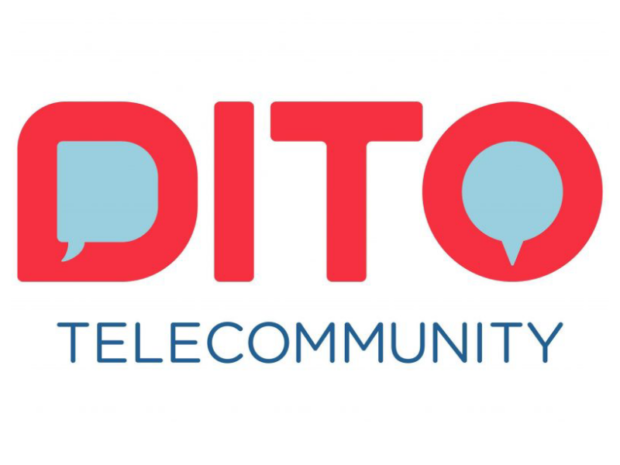Telcos vow to keep pace with advancing tech
The telecommunications industry has come a long way from its initial role of just providing a link for phone calls and text messages. The advancement of technology through the years has enabled more ways for individuals, regardless of their location across the world, to communicate.
Indeed, digital platforms have made the continents feel a little closer than they truly are. But these modern spaces for interaction require innovative and up-to-date infrastructure to back them up—and the local telcos are keen on staying relevant by offering their subscribers what they need today.
Globe Telecom Inc., PLDT Inc. and DITO Telecommunity, as such, vow to continue ramping up their technology even after already investing billions worth of capital expenditure. It is a strategy to keep a loyal customer base in order to maximize earning opportunities.
“Globe continues to invest in additional network capacity and coverage to meet the growing demand for data services underlying these use cases,” the Ayala-led company tells the Inquirer.
The telco player led by Ernest Cu has observed the Filipinos’ increasing integration of digitalization with their lifestyle, which also now includes financial technology and entertainment. Beyond these, Globe has seen how technology has become crucial to further the health and education sectors.
“The Philippines is at the cusp of a digital transformation and the Globe Group is well positioned to trail-blaze in this front for the Filipino and the nation,” it adds. “We see a sustained digital shift, especially as Filipinos have proven to be receptive to adopting new technologies.”
Article continues after this advertisement
FILE PHOTO: A logo of Globe Telecom is seen at a Globe service center in Edsa, Quezon City, metro Manila, Philippines, May 7, 2018. Picture taken May 7, 2018. REUTERS/Dondi Tawatao
Shared infrastructure
PLDT, for its part, says network rollout by the telcos is being supported by the common tower policy. Such measure pushes the independent tower companies to develop shared telco tower infrastructures to expand wireless network coverage, and improve information and communication technology services across the country.
Article continues after this advertisement“This, in turn, will lead to significant efficiencies, enhanced connectivity and better customer experience, as well as bolster the country’s digitalization goals,” the Manuel Pangilinan-led company says.
“The move to sell passive infrastructure allows telcos to focus more resources and shift to active telecom infrastructure rollout such as fiber and radio equipment,” it adds.
The telco giant explains the partnership with independent tower companies also provides the industry access to global best practices and technologies related to operating towers.
PLDT sold more than 6,500 towers for P86 billion in three separate sale and leaseback deals last year. Globe, meanwhile, sold 7,059 towers for P91 billion.
DITO chief administrative officer Adel Tamano, meanwhile, says the newest telco player is bullish for the year ahead after its aggressive expansion plans in recent years. The third telco player previously said it would slow down on the rollout of towers as it nears its target population coverage.
Tamano shares that “2022 was a milestone year for DITO,” noting the construction of 6,329 integrated sites, 28,000-kilometer fiber network and a data center, among others.
“DITO has never wavered in our commitment to the Filipino public. We look with much optimism and confidence for 2023,” he says.

INQUIRER FILE PHOTO
SIM card registration
The telco industry is also dealing with a herculean task of registering their subscribers’ SIM (subscriber identity module) cards by April, in line with the law requiring them to enlist as a way to curb the surge of text scams.
The telco players set up their online portals for registration, which were flooded with technical glitches initially as these were not able to handle the surge of applications. Such an incident led to the websites being inaccessible or down but they have improved the platforms since then.
As of Jan. 30, around 27.34 million SIM cards were already registered, according to the Department of Information and Communications Technology (DICT). These represent about 16 percent of the 168 million subscribers in the country.
Smart accounted for the bulk of the registered subscribers at 67.9 million, followed by Globe at 11.16 million and DITO at 2.17 million.
“We are now going grassroots. Local chief executives are helping us with the SIM registration, especially in cascading information dissemination efforts to the barangays,” says Anna Mae Lamentillo, undersecretary and spokesperson for DICT.
“As we entered the second month of the SIM registration, we anticipated this lull and then a surge again once the deadline nears. That is why our information campaign has been nonstop to encourage people to register now,” she adds.
The telco players have also put up booths where subscribers can ask for assistance about the mandatory enlistment.
Rising costs
“The outlook for Globe and the industry remains promising given the importance of connectivity in day-to-day life and the improvement in the overall economy,” says the Ayala-led company. The further reopening of the economy led to the 7.6-percent growth in gross domestic product last year, the fastest since 1976 or 46 years ago.
While this year appears to be rosy, telco players may also expect some drawbacks from the heating up of inflation as a result of rising consumer prices.
The Bangko Sentral ng Pilipinas recently said that inflation might grow quicker to 7.5 percent to 8.3 percent in January from 8.1 in December 2022 due to increases in electricity rates and prices of petroleum products and key food items, among others.
“At this time that the consumer wallet is diminished—when consumer income is under threat and government finances are challenged—investments will emerge as a primary recovery tool,” says PLDT.
Luis Limlingan, head of sales of Regina Capital Development Corp., says in an interview with Inquirer, rising consumer prices are likely to decrease the spending capacity of the public but telcos may still be shielded from this.
Telco services, including internet connectivity, have become more pronounced as a necessity during the pandemic in the advent of digitalization.
“Earnings are likely to remain healthy for this year, albeit with moderation in bottom line growth absent additional tower sale transactions,” he explains. INQ
